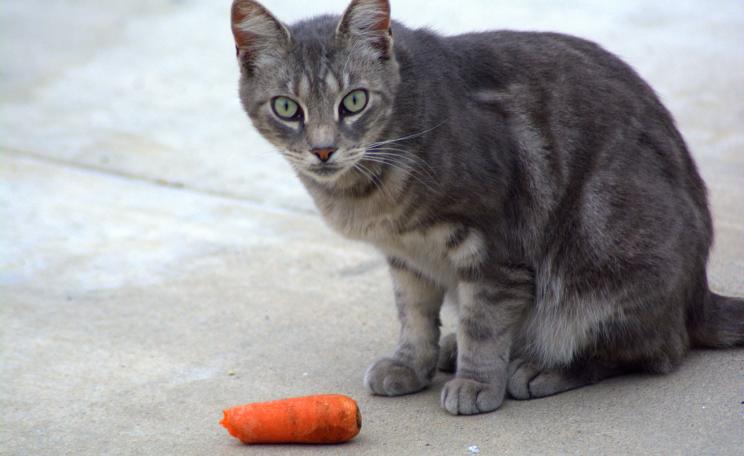We depend a hundred percent on the forest to survive.
Beef eating - including British beef - by consumers is fuelling the fires of in the Amazon and putting nature and its life support systems at serious risk, conservationists warn.
Brazil is one of the "riskiest" countries from which the UK imports key agricultural and forest commodities such as beef, leather, soy for animal feed as well as pulp and paper, WWF and the RSPB said.
The wildlife groups warn that more than a quarter of the overseas land needed to meet British demand for key products is linked to countries with a high risk of human rights abuses, deforestation and other habitat destruction.
Deforestation
Brazil is one of the high-risk countries that the UK is most reliant on for commodities but demand for agricultural land in Brazil is driving habitat destruction, with fires set to clear land for crops or ranching.
According to the conservation organisations, 2,248 fire outbreaks were detected in the Amazon in June, the highest number for 13 years, and 36 percent higher than the average of the previous 10 years.
Fires and habitat destruction threatens wildlife in Brazil, which is home to 464 globally threatened species including the giant anteater and the black-faced spider monkey, the environmental groups said.
And it is destroying the homes of indigenous communities.
Chief Tashka Yawanawa, who leads the Yawanawa people in Acre, Brazil, said: "The people most affected by deforestation are the indigenous people that live in the forest.
Cut
"We depend a hundred percent on the forest to survive. The forest is our home, our supermarket, our pharmacy - it is everything we need to survive."
Alongside beef production, soy is one of the commodities responsible for deforestation in the Amazon and the destruction of the wildlife-rich Cerrado savanna, with just 2.8 percent of Brazil's soy certified as sustainable. Most is used as animal feed.
Almost half the UK's soy imports from Brazil come from Mato Grosso, which has seen increasing deforestation and where 58 percent of the detected fires in June were seen.
Conservationists are calling on the UK government to introduce new laws and policies to prevent imports and supply chains driving deforestation and fires.
Mike Barrett, executive director of science and conservation at WWF-UK, said: "These fires are not a natural occurrence in the Amazon - they are set deliberately to burn trees that have been illegally cut to clear the way for agriculture.
Wrecking
"But the cost is too high. The UK must take a stand against the destruction by bringing in new laws and policies to cut deforestation out of our supply chains.
"UK consumers should not be forced to unwittingly contribute to the Amazon burning."
Martin Harper, director of global conservation at RSPB, said: "In the UK, communities are fiercely protective of their local beauty spots and nature habitats - planning applications to cut down woodlands time after time provoke a powerful backlash from residents.
"We wouldn't want to tear up the greenbelt for commercial use here, but importing products linked to the destruction of the Amazon rainforest simply outsources the destruction of nature.
"If the UK government wants to be taken seriously as a global environmental leader as host of the COP26 climate summit next year, it needs to urgently take action and introduce new laws to ensure agricultural supply chains are not wrecking the planet."
This Author
Emily Beament is the PA environment correspondent.







